Representation of Disabled people was practically non-existent until recently. Representation numbers fall even more when considering the many diverse identities people have within the Disabled community, such as LGBTQ+ or Black Disabled people.
I believe campaigning for more diverse representation in media and in day-to-day life is crucial in order to avoid the next generation of Disabled people growing up feeling like an outsider. I personally used to struggle combining my Pansexual and Disabled identities, as I never saw anyone like myself, and sometimes I suppose I still do find it hard to see myself as a whole person.
Before I delve into my experiences of being an LGBTQ+ Disabled Women, let me introduce myself properly. My name is Melody, I am a cisgender female wheelchair user, who identifies as Pansexual or Queer and uses She/Her pronouns. I use my electric wheelchair due to my disabilities (Charcot-Marie-Tooth Disease and a secondary unknown neuropathy) causing me to have weak muscles, fatigue, and COPD due to severe scoliosis.

Growing up I always felt lesser due to being Disabled, never expecting anyone to want to be around me out of anything but pity. I had no reason to feel like this, I had a very loving and supportive family, but never seeing anyone like me really made me feel out of place. The gap between me and peers got bigger in secondary school when I couldn’t even hang out with them as most houses are not wheelchair accessible. Even now, I still find it hard to be involved in many things due to the lack of wheelchair access at places like pubs and clubs.
As my friends started exploring and discovering their identities, I fell even further away from feeling a part of society. I felt stifled by the silent and invisible societal prejudice that Disabled people should be infantilised and seen as asexual. This meant that I grew up thinking Disabled people like me were not worthy of sex, so I never even had the chance to explore my sexuality. It wasn’t until I met my first partner that I realised Disabled people are allowed to have sex, feel sexy and therefore have a sexuality. So, I then began exploring who I am and who I am attracted to and slowly became the proud Disabled, Pansexual, sex positive Women that I am today.
Having experienced feeling lost in my own skin and as though I have no place in the world, I have become incredibly passionate about Intersectional Disability representation. Intersectionality looks at the whole person, all the different
identities and characteristics that make up who we are, so having that reflected in media could really change lives. Young people’s sense of self is impacted by the world around them, by having somebody they can relate to who is accepted in society teaches them that they are worthy and beautiful.
Diverse Intersectional Disabled representation is slowly but surely becoming main-stream, I implore anyone reading this who feels their identities are not being portrayed to consider becoming the representation themselves!
I sincerely hope that everyone reading this knows how valued and wonderful they truly are.
Melody Powell
(She/Her)
Instagram: @TheCaringLlama
Twitter: @Melody_Pow

